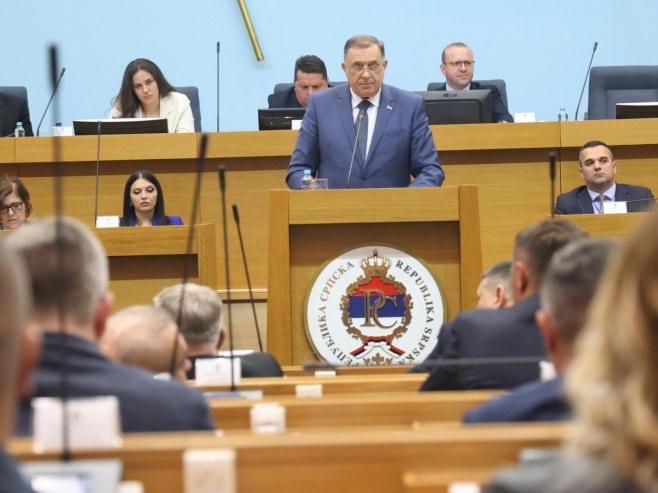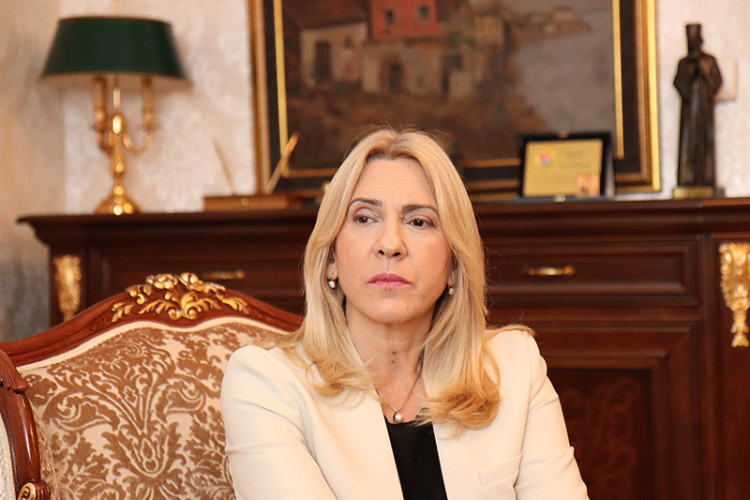The book Srboslovi by Petar Aškraba Zagorski, one of many works by the author exploring the origins of Serb families, was promoted this evening at the Cultural Center in Istočno Novo Sarajevo.
Aškraba stated that this is his 17th book, explaining that his research delves into the origins of surnames, migrations, and instances of assimilation into other nations, focusing on the region of Zagorska Serbia, which 2,600 years ago spanned from Thessaloniki to the Alps.
“In my previous book, Greboslovi, I covered up to 40,000 surnames found on stone tombstones, commonly but incorrectly referred to as ‘stećci.’ In the book promoted tonight, I analyzed roughly the same number of surnames,” Aškraba told reporters.
He emphasized that he has analyzed approximately 150,000 surnames so far, which constitutes about half of the total surnames in the region.
Aškraba noted that people typically only know about recent migrations but are unaware of what happened before that.
“Few people know that the town of Šekovići was named after Lazar Šehovac, who migrated from Nevesinje to that area around 1814,” Aškraba added.
“Everything that has happened throughout history is tied to a name and a surname,” he emphasized.
Publicist Nedeljko Žugić described Aškraba as an “extraordinarily ordinary” researcher, explaining that he works independently, outside of conventional scientific methodology.
“I’ve known him for 50 years, and even before we met, he was deeply involved in researching Serbian genealogies,” Žugić said. He added that Aškraba is a far more serious researcher than he is often credited for, with even Western scholars respecting his work.
Žugić highlighted that Aškraba’s books are exceptionally profound. “No one has yet attempted a comprehensive treatise or analysis of his works because they are much more than science,” he concluded.
Source: RTRS









